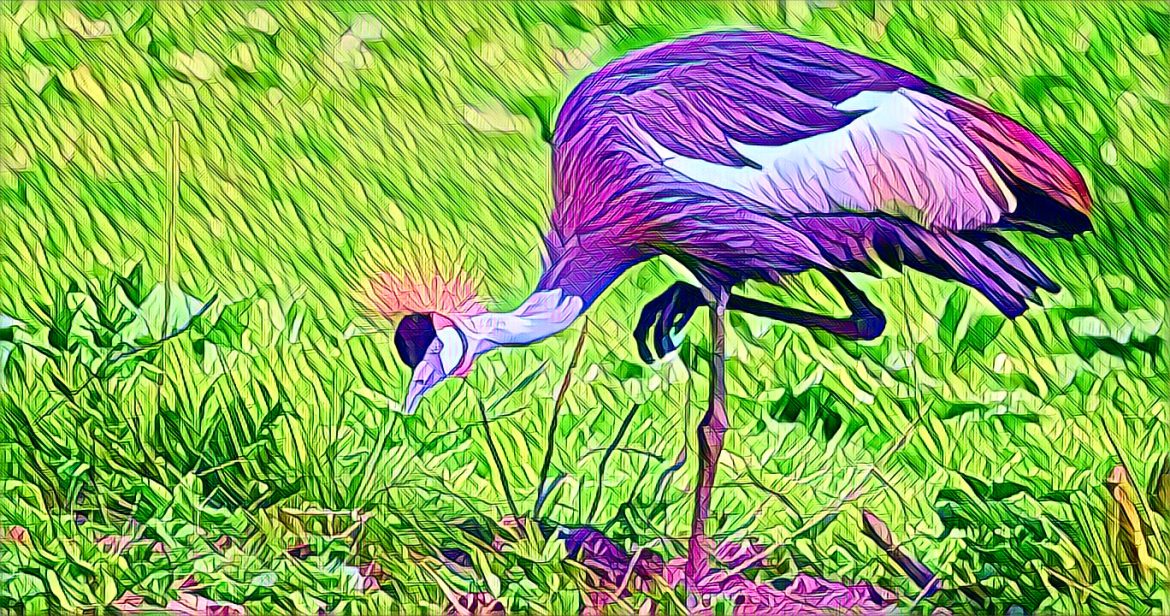Nigeria is home to a rich diversity of wildlife, but many of its species are facing the threat of extinction. Conservationists are sounding the alarm, urging the government and citizens to take immediate action to protect these endangered species. The decline of wildlife in Nigeria is driven by habitat loss, poaching, and climate change, and if not addressed, could result in irreversible damage to the nation’s biodiversity.
Nigeria’s ecosystems, from the lush rainforests of the south to the arid savannahs of the north, support a wide range of animal and plant species. However, human activities have drastically reduced these natural habitats. Deforestation for agriculture, urban development, and illegal logging are some of the primary culprits. As forests are cleared, animals such as the Nigerian-Cameroon chimpanzee, the Cross River gorilla, and the African elephant are left with shrinking habitats and dwindling food sources.
Poaching is another significant threat. Despite laws prohibiting hunting endangered species, illegal wildlife trade continues to flourish. Poachers target elephants for their ivory, pangolins for their scales, and various other animals for bushmeat. This illegal trade not only threatens wildlife populations but also undermines conservation efforts and local economies that rely on eco-tourism.
Climate change exacerbates these challenges by altering habitats and affecting food availability. Rising temperatures and changing rainfall patterns can lead to droughts and food shortages, further stressing already vulnerable animal populations. For example, changing climate conditions have impacted the migration patterns and breeding cycles of birds and marine life in Nigeria.
Efforts to protect Nigeria’s endangered species are underway, but more needs to be done. The government has established protected areas and wildlife reserves, such as Yankari National Park and Cross River National Park, which provide safe havens for many threatened species. However, these areas are often underfunded and lack adequate resources to enforce protection laws effectively.
Conservation organizations and local communities play a crucial role in wildlife protection. Initiatives such as anti-poaching patrols, wildlife monitoring programs, and community education campaigns are vital in raising awareness and safeguarding Nigeria’s natural heritage. International cooperation is also essential, as wildlife trafficking is a global issue that requires coordinated efforts to combat.
The future of Nigeria’s endangered species depends on a collective commitment to conservation. By investing in sustainable development, enforcing anti-poaching laws, and supporting conservation programs, Nigeria can preserve its biodiversity for future generations. Protecting wildlife is not only a moral imperative but also essential for maintaining ecological balance and supporting human livelihoods.
There is hope that with concerted efforts, Nigeria can turn the tide and ensure that its unique wildlife thrives once again. The call to action is clear: Nigeria’s endangered species must be protected from extinction.
Source: Tribune Online


